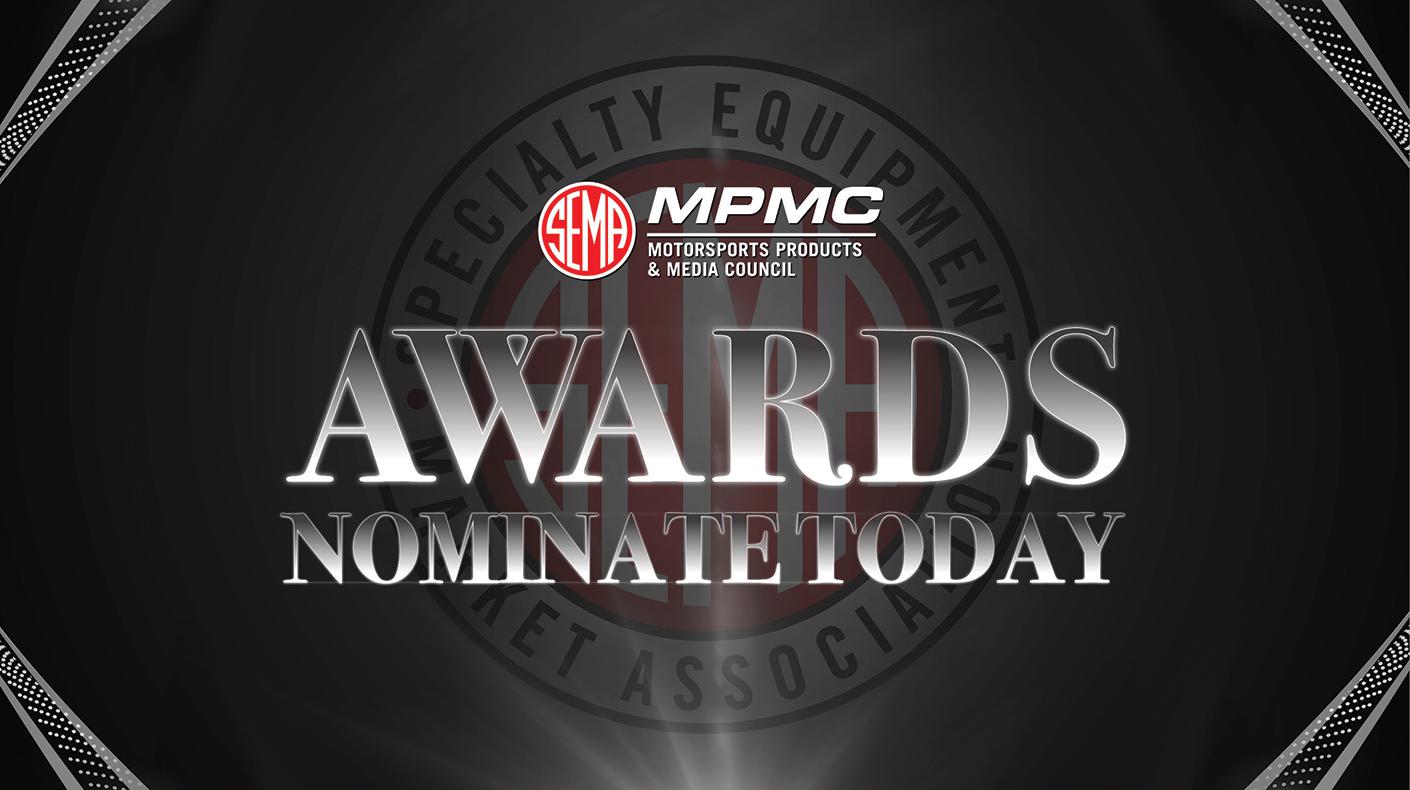The Bureau of Customs and Border Protection (BCBP) has announced its intent to crack down on companies importing product into the United States without filing the prerequisite reports with U.S. government officials. In a recent interview with the Journal of Commerce, BCBP director of the Secure Freight Initiative Richard DiNucci said, “some folks still think we're still delaying enforcement. We're not. The data you submit is being viewed with an enforcement mindset. If it's not accurate, if it's not filed at all or if it's truly not timely, that's going to be held against you.”
DiNucci says that during the first quarter of 2010, parties involved with inaccurate or untimely Importer Security Filings (ISFs) will be put on notice so they can correct any problems.
"We'll do what we can to assist them with that," he added.
During this time, BCBP reserves the right to place holds on shipments and perform non-intrusive inspections (NII) or physical examinations to enforce its security. Last spring, DiNucci spoke at a SEMA webinar to brief members on the requirements of the ISF, commonly referred to as “10+2.” It requires that 10 elements of cargo information be transmitted by the importing company or its agent at least 24 hours before goods are loaded onto an ocean vessel for shipment to the United States.
The requirements of the 10+2 include:
1: Importer of Record Number
2: Consignee Number
3: Seller (owner) Name and Address
4: Buyer (owner) Name and Address
5: Ship to Party
6: Manufacturer (Supplier) Name and Address
7: Country of Origin
8: Commodity HTS-6
9: Container Stuffing Location
10: Consolidator (stuffer) Name and Address
The manufacturer (supplier) name and address, country of origin and commodity HTS-6 (items 6,7 and 8) must be linked together as a line item at the shipment level. The ISF for "exempt" break bulk shipments is required 24 hours prior to arrival.
The party required to submit the ISF is the party causing the goods to enter the limits of a port of the United States. This party is known as the ISF importer. The ISF importer may designate an authorized agent to file the ISF on the ISF importer's behalf.
If an agent is used for ISF purposes, a power of attorney is required. The importer is accountable and liable for the filing.
ISFs must be secured by a bond. Continuous Bonds will be accepted. Single Transaction Bonds will be accepted on a case-by-case basis. The ISF importer must possess a bond or designate an agent to file under the agent's bond prior to the filing of the ISF. The agent can file under the agent's bond or under the ISF importer's bond.
The following types of bonds were amended to cover the ISF requirements:
Type 1: Basic Importation and Entry Bond (113.62)
Type 2: Basic Custodial Bond (113.63)
Type 3: International Carrier Bond (113.64)
Type 4: Foreign Trade Zone Operator Bond (113.73)
Questions? Contact Linda Spencer.
Global Update
International Journalists In Search of Products at 2021 SEMA Show
September 30, 2021 | Vol. 24, No. 39
View Article





